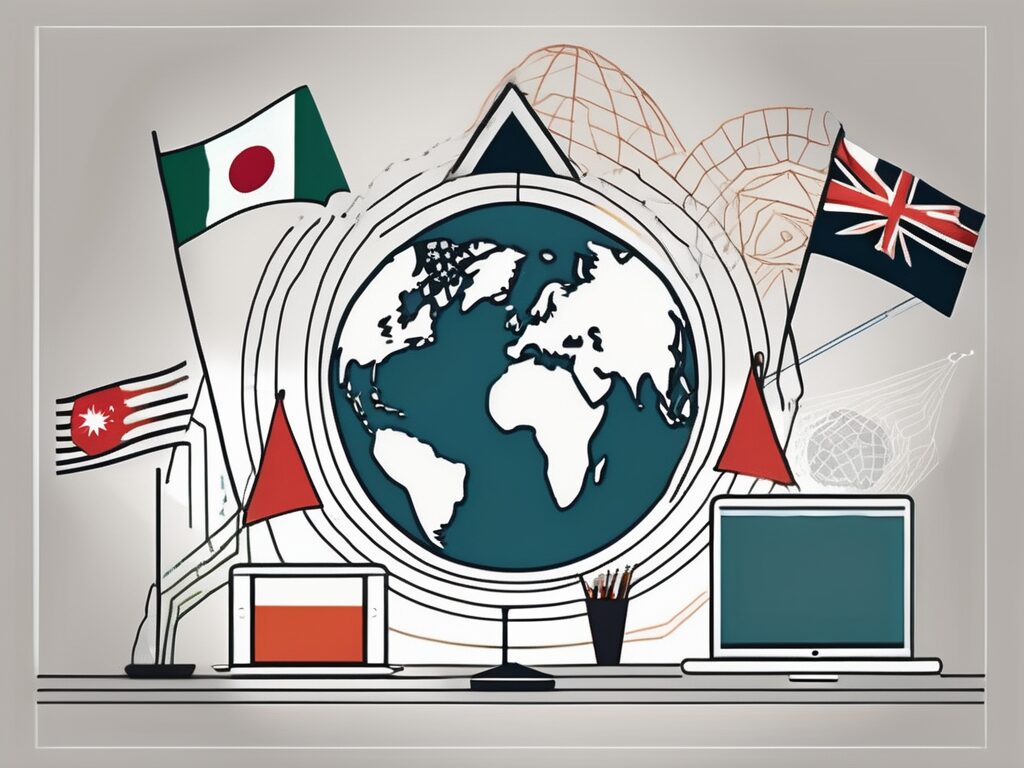Unlocking Global Teaching in Indonesia: Strategies for 2025
In the contemporary landscape of education, the advent of digital technology has transformed the way knowledge is disseminated across borders. The concept of a global educator has evolved, allowing professionals to engage with students worldwide without the necessity of physical relocation. This guide aims to elucidate the pathways to becoming a global teacher in Indonesia, a nation characterized by its rich cultural tapestry and an evolving educational framework.
Defining the Global Educator
A ‘global educator’ is defined as an individual who transcends geographical limitations to impart knowledge and skills through digital mediums. This role has gained prominence with the rise of online educational platforms, enabling educators to reach diverse student populations. The essence of global teaching extends beyond mere instruction; it encompasses the appreciation of cultural diversity, the adaptation of pedagogical methods to various learning preferences, and the promotion of a global mindset among learners.
The Appeal of Indonesia for Global Educators
Indonesia presents a compelling opportunity for global educators due to its multifaceted culture and burgeoning economy. The nation has made significant advancements in its educational system, resulting in an increasing demand for high-quality education at both primary and tertiary levels. Furthermore, the Indonesian government’s commitment to educational digitalization has paved the way for innovative online teaching methodologies.
Additionally, the rich cultural heritage of Indonesia offers educators a unique platform for cultural exchange, enhancing both professional and personal growth. Engaging with Indonesian students allows educators to immerse themselves in the country’s history, traditions, and societal values, fostering a deeper understanding of global interconnectedness.
Steps to Becoming a Global Educator in Indonesia
Familiarizing with the Indonesian Educational Framework
The initial step towards becoming a global educator in Indonesia involves a comprehensive understanding of the country’s educational structure. The Indonesian education system comprises several levels, including:
- Primary Education
- Secondary Education
- Tertiary Education
Each level is governed by distinct curricula and pedagogical approaches. Familiarity with these frameworks is essential for tailoring instructional strategies to meet the diverse needs of students. Additionally, recognizing cultural nuances, such as the societal emphasis on respect for authority figures, is crucial for establishing effective educator-student relationships.
Leveraging Online Educational Platforms
Online teaching platforms serve as the cornerstone of global education. Various platforms are available, each offering unique functionalities suited for different teaching contexts. When selecting a platform, consider the following criteria:
- User-friendliness
- Accessibility for students
- Availability of interactive features (e.g., video conferencing, digital whiteboards)
These features are instrumental in enhancing the educational experience and fostering student engagement.
Crafting a Global Teaching Strategy
To effectively operate as a global educator, it is imperative to develop a flexible and adaptive teaching strategy. Key components of this strategy include:
- Awareness of cultural differences and their impact on learning
- Customization of teaching materials to accommodate various learning styles
- Incorporation of global themes and contemporary issues into lesson plans
Continuous professional development is also vital. Educators should remain abreast of emerging teaching methodologies and technologies, engage in professional training programs, and solicit feedback from students to refine their instructional practices.
Navigating Challenges in Global Education
While the role of a global educator is rewarding, it is not without challenges. Common obstacles include:
- Language barriers
- Time zone discrepancies
- Technological difficulties
Strategies to mitigate these challenges include:
- Utilizing translation tools or acquiring basic language skills relevant to students
- Scheduling classes to accommodate different time zones
- Employing reliable online platforms and establishing contingency plans for technical issues
Conclusion
Embarking on the journey to become a global educator in Indonesia is a fulfilling endeavor that offers substantial opportunities for professional advancement and cultural enrichment. Despite the inherent challenges, the potential rewards significantly outweigh the difficulties. By adopting a strategic approach and utilizing appropriate resources, educators can successfully navigate the complexities of global teaching while contributing to the educational landscape of Indonesia.
Enhance Your Qualifications with IPGCE
For educators aspiring to broaden their teaching horizons and embrace the role of a global educator in Indonesia, the International Postgraduate Certificate in Education (iPGCE) offers a pathway to enhance professional qualifications. This program equips educators with the skills necessary to excel in international teaching environments, evidenced by a 50% increase in interview callbacks, a 45% rise in promotion rates, and a 30% salary enhancement among participants. Join a dynamic professional community, gain insights into global education systems, and pursue ongoing professional development without disrupting current commitments. Seize this opportunity to elevate your teaching career and become a distinguished global educator. Enroll in the UK’s leading Teacher Training Course today and transform your professional trajectory.

